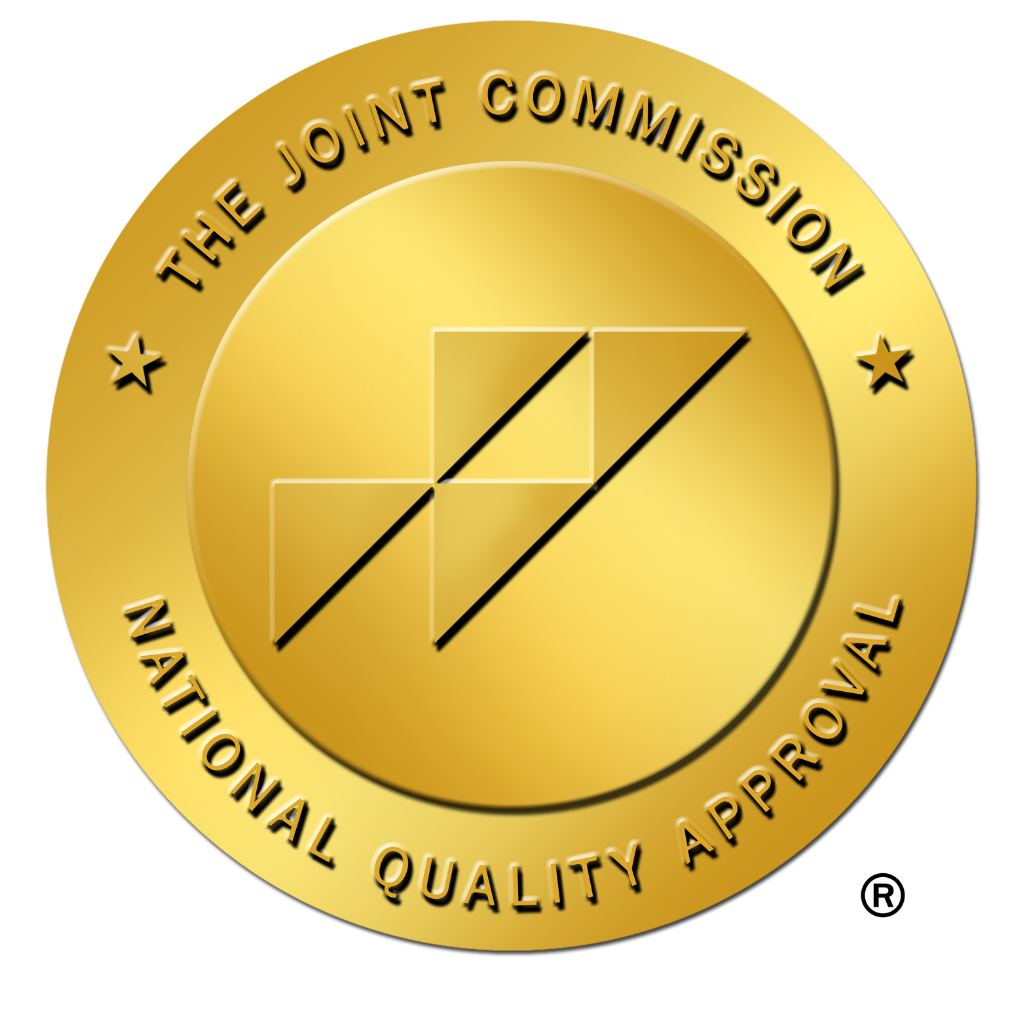Mental Health Resources in Pennsylvania
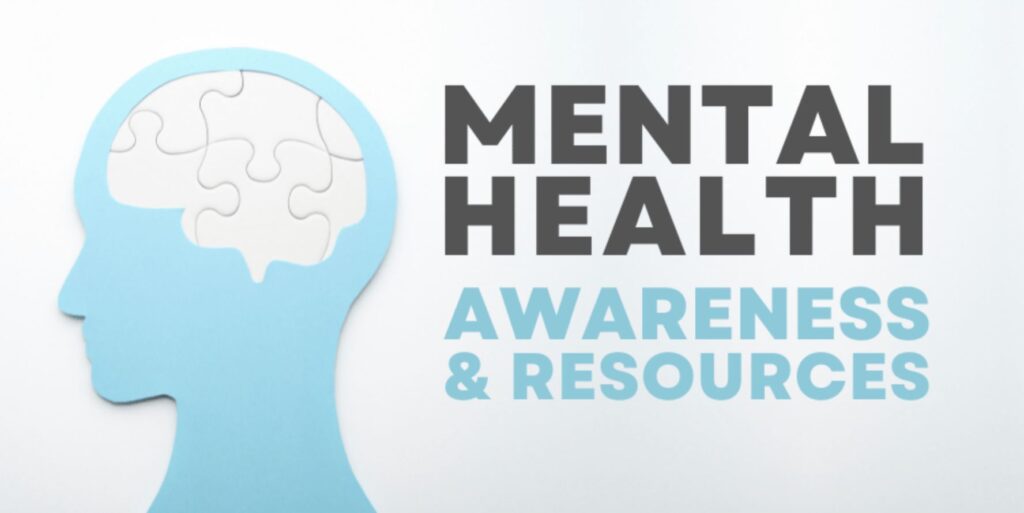
What is Mental Illness?
Mental health resources in Pennsylvania are available, but it is important to understand the problem. Mental illness refers to a wide range of mental health conditions that affect an individual’s thinking, behavior, and mood. Mental illness can impact an individual’s ability to function in their daily lives, including their relationships, work, and overall well-being. Mental illnesses can range from mild to severe and can be short-term or long-term conditions.
Mental Health Resources By State in the Northeast United States
Common Mental Health Disorders
Mental health disorders can be divided into several categories, including anxiety disorders, mood disorders, personality disorders, psychotic disorders, eating disorders, and substance use disorders. Here are some of the most common mental health disorders:
- Depression
- Anxiety
- Bipolar disorder
- Schizophrenia
- Obsessive-compulsive disorder (OCD)
- Post-traumatic stress disorder (PTSD)
- Eating disorders
- Substance use disorders
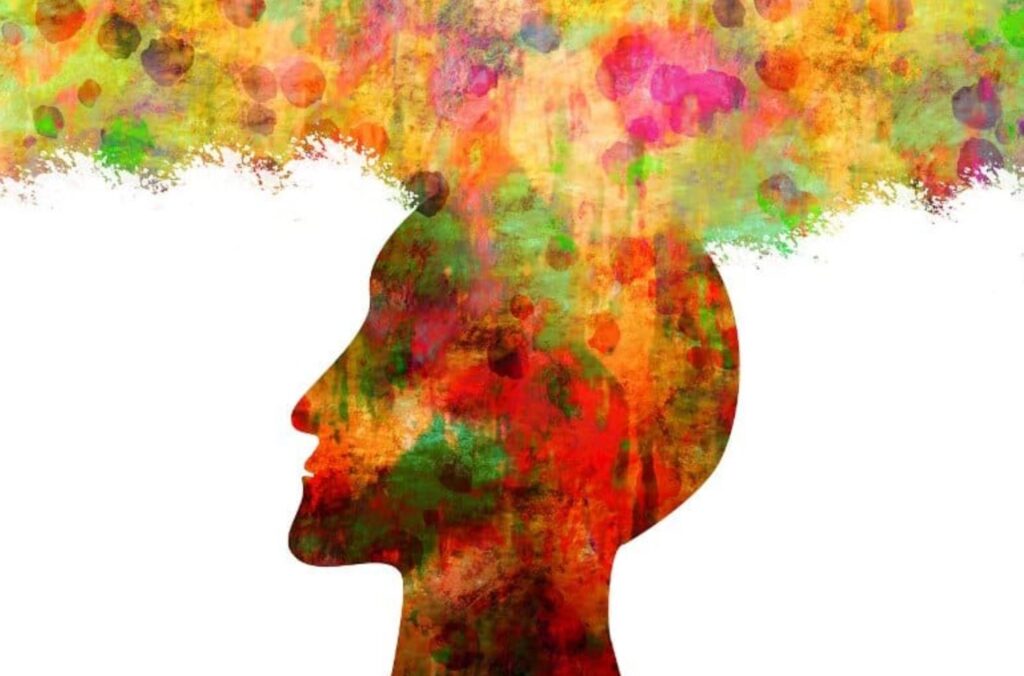
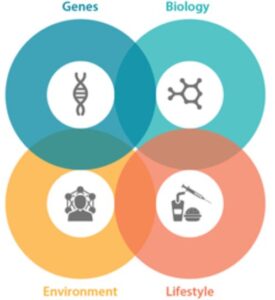
Causes of Mental Illness
Mental illness can arise from various factors, including genetics, environmental factors, and lifestyle choices. Some of the common causes of mental illness include:
- Genetic factors
- Environmental factors
- Trauma or abuse
- Chronic stress
- Substance abuse
- Brain chemistry imbalances
- Physical illness or injury
- Sleep disorders
Diagnosing Mental Illness
Diagnosing mental illness can be a complex process that requires a thorough evaluation of an individual’s symptoms, medical history, and lifestyle factors. Mental health professionals, including psychiatrists, psychologists, and licensed therapists, can conduct a comprehensive assessment to determine an individual’s mental health needs. Diagnosis is based on the criteria outlined in the Diagnostic and Statistical Manual of Mental Disorders (DSM-5).
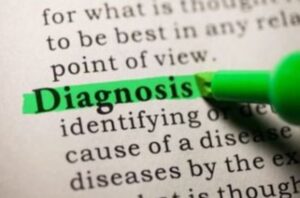
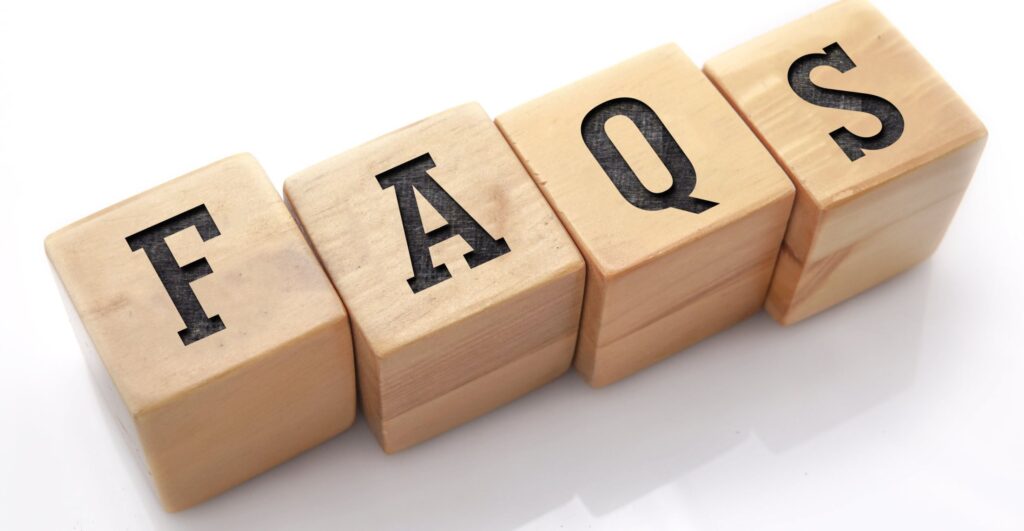
Frequently Asked Questions About Mental Illness
- What are the early warning signs of mental illness?
- Can mental illness be prevented?
- How common is mental illness?
- How can I support a loved one with mental illness?
- What are the treatment options for mental illness?
- Is mental illness curable?
- How can I access mental health resources?
Statistics on Mental Illness in Pennsylvania
According to the National Alliance on Mental Illness (NAMI), approximately 1 in 5 adults in the United States experiences mental illness each year. In Pennsylvania, approximately 18.5% of adults experience mental illness each year. Additionally, suicide is the 10th leading cause of death in Pennsylvania, with an average of 16 individuals dying by suicide each day in the state.
Stigma of Mental Illness
Despite the prevalence of mental illness, there is still significant stigma surrounding mental health issues. Stigma can prevent individuals from seeking help for their mental health needs, leading to a lack of treatment and support. It is essential to combat the stigma of mental illness by promoting awareness, education, and understanding. No one should be shamed just because they need a little help. It is okay not to be okay.
Dual Diagnosis Problems
Dual diagnosis occurs when an individual has both a mental health disorder and a substance use disorder. This condition can be challenging to diagnose and treat, as both conditions can impact an individual’s well-being and ability to function. It is essential to seek specialized treatment for dual diagnosis to address both conditions effectively.
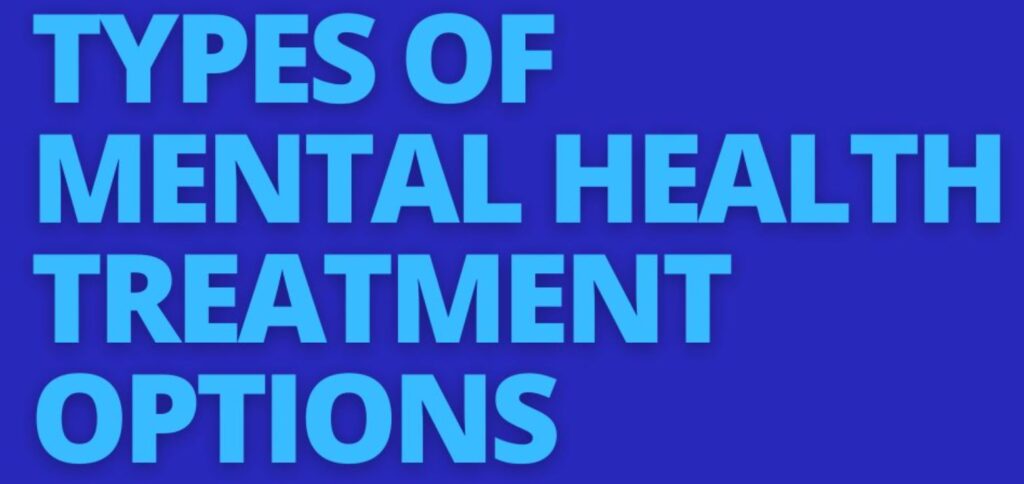
Treatment Options for Mental Illness
There are several treatment options available for individuals struggling with mental health issues. Treatment can include medication, therapy, and lifestyle changes. Some common treatment options for mental illness include:
Medication: Prescription medication can be used to manage symptoms of mental illness, such as depression, anxiety, and bipolar disorder. It is essential to work with a healthcare provider to determine the appropriate medication and dosage.
Therapy: Therapy is a valuable treatment option for mental illness and can help individuals identify and manage their symptoms. Various therapy types, such as cognitive-behavioral therapy (CBT), dialectical behavior therapy (DBT), and group therapy, can be effective in treating mental health conditions.
Lifestyle changes: Lifestyle changes can play a significant role in managing mental health conditions. Examples of lifestyle changes include exercise, a healthy diet, stress management techniques, and social support.
Mental Health Conditions
There are various mental health conditions that individuals may struggle with, and it is essential to understand the symptoms and treatment options for each. Some of the most common mental health conditions include:
- Generalized anxiety disorder (GAD)
- Major depressive disorder (MDD)
- Bipolar disorder
- Post-traumatic stress disorder (PTSD)
- Obsessive-compulsive disorder (OCD)
- Schizophrenia
- Eating disorders, such as anorexia nervosa and bulimia nervosa
- Substance use disorders, such as alcoholism and drug addiction
Resources for Mental Health Support
If you or someone you know is struggling with mental health issues, it is essential to seek support and resources. Here are some resources for mental health support:
- National Suicide Prevention Lifeline: 1-800-273-8255
- NAMI Helpline: 1-800-950-6264
- Substance Abuse and Mental Health Services Administration (SAMHSA): 1-800-662-HELP (4357)
- Mental Health America: 1-800-969-6642
- American Psychiatric Association: 1-888-357-7924
